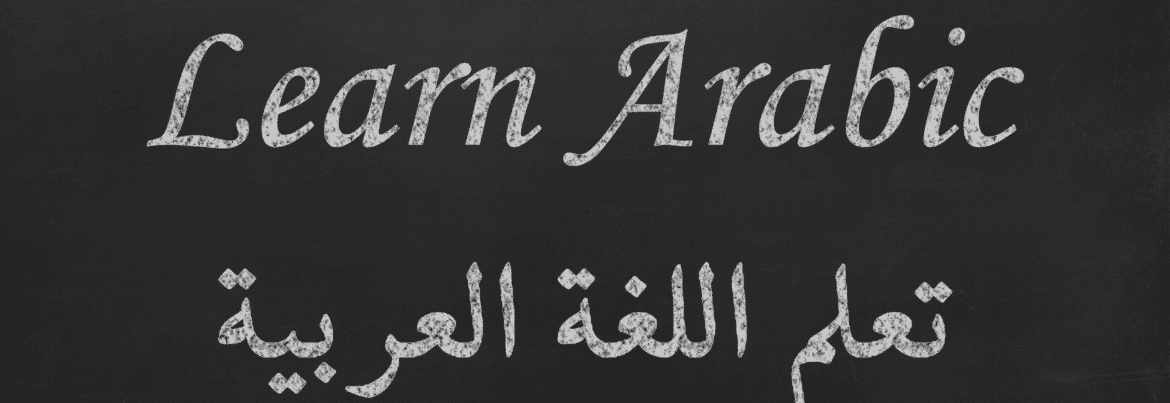
15 Essential Arabic Words You Need to Learn
Arabic is a fascinating and widely spoken language with a rich cultural heritage. Whether you’re planning to travel to an Arabic-speaking country, interested in learning the Arabic language, or simply curious about different cultures, familiarizing yourself with some key Arabic words can enhance your understanding and appreciation of this diverse linguistic tradition. Here are 15 essential Arabic words along with their meanings and significance:
1. Marhaban (مرحباً): This versatile greeting means “hello” and is used in both formal and informal contexts to initiate conversations and welcome others warmly.
2. Shukran (شكراً): Expressing gratitude is important in Arab culture, and “Shukran” is the word for “thank you,” used to show appreciation for kindness or assistance.
3. Inshallah (إن شاء الله): Literally meaning “God willing,” this phrase is used to express hope or intention for future events, acknowledging the belief that everything is ultimately in the hands of God.
4. Masha’Allah (ما شاء الله): When admiring something good, people often say “Masha’Allah,” meaning “God has willed it,” to express admiration, appreciation, or acknowledgment.
5. Yallah (يلا): This versatile word can mean “let’s go,” “come on,” or “hurry up,” often used to motivate or encourage action.
6. Khalas (خلاص): With meanings like “enough,” “finished,” or “done,” “Khalas” is used to indicate the completion of a task or to signify agreement or finality in conversations.
7. Mubarak (مبارك): Meaning “blessed” or “congratulations,” this word is used to offer good wishes on special occasions such as weddings, births, or religious holidays.
8. Habibi (حبيبي) / Habibti (حبيبتي): These terms of endearment mean “my love” (masculine and feminine respectively) and are used to express affection towards friends, family members, or romantic partners.
9. Sabah al-khayr (صباح الخير): This greeting translates to “good morning” and is used to start the day with politeness and well-wishes.
10. Na’am (نعم): This word simply means “yes” in Arabic, used to affirm statements, answer questions, or express agreement.
11. Ma’assalama (مع السلامة): When parting ways, “Ma’assalama” means “goodbye” or “go with peace,” conveying the wish for safety and well-being until the next meeting.
12. Taqabbal Allahu minna wa minkum (تقبل الله منا ومنكم): This phrase is commonly exchanged during Eid, meaning “May Allah accept from us and from you.” It’s a form of blessing shared during religious celebrations.
13. Alhamdulillah (الحمد لله): Translating to “praise be to Allah,” this phrase is used to express gratitude or relief, acknowledging God’s blessings or mercies.
14. Muta’a (مطاع): This word means “obedient” or “compliant” and is often used to describe someone who follows rules or instructions willingly.
15. As-salamu alaykum (السلام عليكم): Meaning “peace be upon you,” this is a common Islamic greeting used to initiate or respond to greetings. The response is “Wa alaykum as-salam” meaning “and peace be upon you too.”
By familiarizing yourself with these 15 essential Arabic words, you can not only improve your language skills but also gain insights into Arab culture, traditions, and values. These words represent fundamental aspects of daily interactions, expressions of faith, and social customs in Arabic-speaking communities. Whether you’re communicating with Arabic speakers or simply exploring the beauty of the language, these words will serve as valuable tools for connection and understanding.